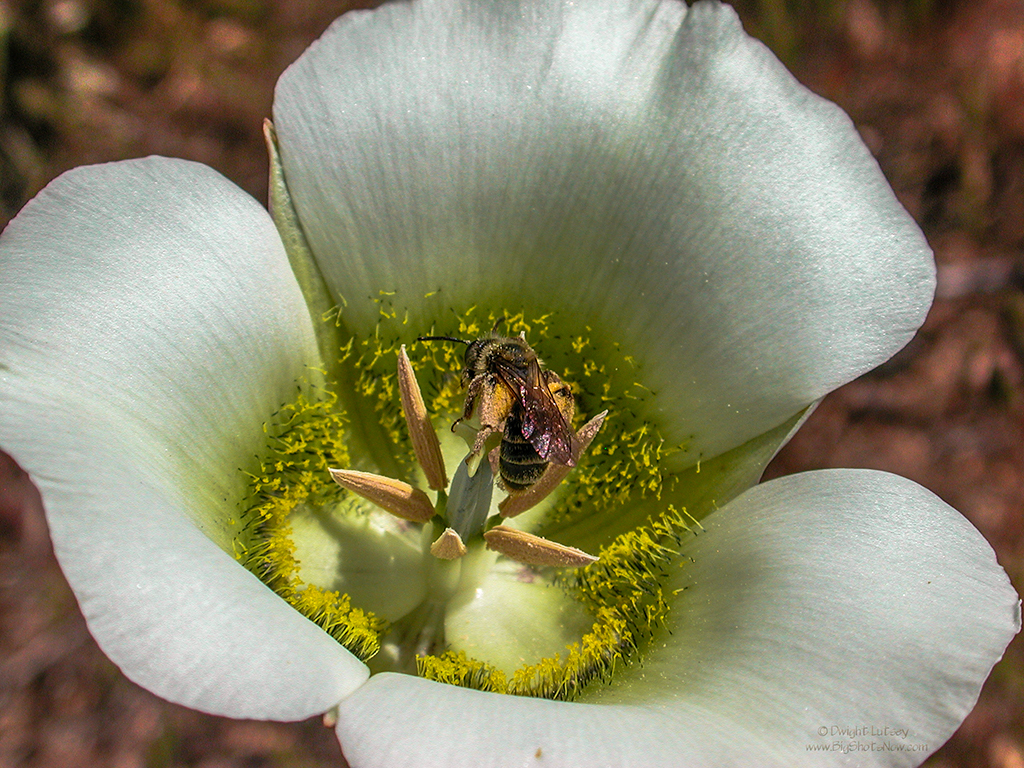There has been a lot of talk in the press lately about the disappearance of bees. The main point of their argument is that once we were up to our asses keesters in bees, and now you have to put an ad on Craigslist to meet one. They’re just gone. No note, no warning, no packing up their honey and leaving, They’re just gone. Well, people whose lives depend on honey and the necessary bees to manufacture it, are understandably upset and rightly so. How are they going to make a living if they can’t exploit the genetic obsession of bees to create honey.
This bee loss thing causes lots of problems. One of which is, if bees are gone what are we, as concerned parents, going to use for that all important Sex Talk? The birds and The Horses? The birds and the Ferrari F12 berlinetta with its direct-injection 6262 cc 65° V12 engine? Although the Ferrari holds some promise as a suitable replacement for the bees, it still doesn’t have the cache of the birds and the bees. So you can see there is a real problem facing us if we lose our bees.
As to the question, Where are all our bees going, I believe our special team of world-renown, Institute-trained Apiologists, or people who do nothing else in their small, pitiful lives but study bees, talk about bees, photograph bees, look at bees, count bees, worry about bees and countless other bee related activities, have come up with a possible theory. They postulate that the primary reason for bee loss is they get hammered from drinking the nectar of flowers and fall out of the bloom onto the ground where they are promptly eaten by things that eat bees, hence a gone bee. A bee that does not return. A bee that is now for all practical purposes dead.
This is an interesting theory. Nectar has an alcohol content, because of the fermented sugar it contains, that is slightly higher than Everclear or roughly about 800% by volume, and you know that if you have ever been trashed on Everclear you lose many of your primary motor skills and fall down striking your face on the curb chipping both of your front teeth. This also leads to an infraction of California’s Penal code 390D (Drunk, Unconscious) and if you’re really unlucky a 314 (Indecent Exposure) or a 288 (Lewd Conduct) Both of these are bad. Since it can be assumed that you weigh approximately way more than you should and the alcohol effects you in that manner, what does it do to a bee that only weighs like a minus .004% of a gram. They become legless, or in this case wingless, and then the inevitable happens. It’s a major trip down to the waiting open maw of the local bee eating critter. [Who by the way sometimes gets a major buzz going from eating too many bees, but that’s a problem for another time.] And that means one less bee. And that means we are well on our way to becoming bee-less.
When put to the question our nerdful Apiologists stutter and stammer and produce very little in the way of a possible solution. Some of their suggestions suggest that they had been sipping nectar before attending this briefing. Suggestions like, taping the flowers shut at the peak of the nectar producing season, finding alternate forms of employment for the bees to keep them from doing what Nature intended them to do, forming and requiring attendance at a 12 step program, requiring the bees to buy carbon credits to offset the loss of honey, but as no one in America understands how carbon credits work this is beyond a stupid idea, and finally, locking them in their hives. It is our own personal opinion that we have a long way to go before we can bring closure to this problem.
Right now all we can do is watch and wait. Oh, you can pick up the occasional drunken bee and put it back on the flower but that only compounds the problem. You know what it’s going to do as soon as it regains consciousness. It’s going to hit that nectar again and then you have a 911 problem on your hand. What we do here at The Institute is gather up the ripped little buggers and take then to the bee ward in our dispensary. There they are placed into little bee-sized beds, and sometimes held down with little restraints to keep their little wings safe. Then they are given fluids and massive dosages of vitamin B-12 and if they recover they’re sent on their way, hopefully with a new understanding of the risks involved in consuming too much nectar. It’s expensive, time-consuming and delicate work but we feel that in doing so we’ve helped Mother Nature and gained like huge karma points. Also we get our pick of the new honey crop. So if you see an unconscious bee or one that is spinning around uncontrollably pick it up and fix it. You’ll be a better person for it.


You must be logged in to post a comment.